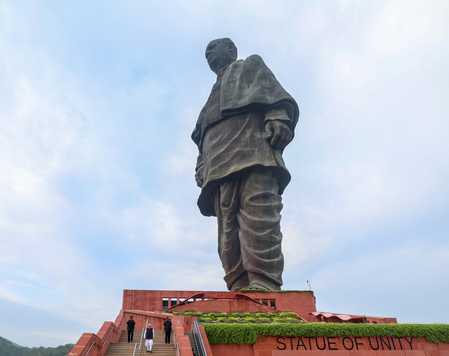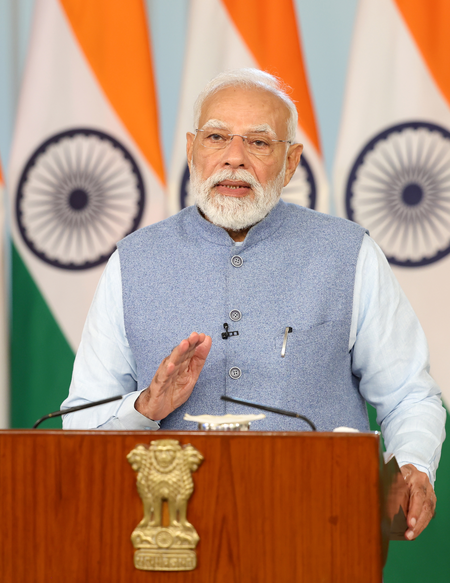
Riyadh: Santiniketan, the town nestled in West Bengal, India, has been officially recognized as a UNESCO World Heritage site during the 45th Session of the World Heritage Committee held in Saudi Arabia. UNESCO shared this momentous news on its social media platform, “X.”
Established in 1901 under the visionary guidance of poet and philosopher Rabindranath Tagore, Santiniketan originally served as a residential school and a center for art, grounded in ancient Indian traditions, with a profound vision of transcending religious and cultural boundaries to foster human unity.
In 1921, it evolved into a “world university,” acknowledged for its commitment to the unity of humanity, or “Visva Bharati.”
Diverging from prevailing British colonial architectural norms and European modernism of the early 20th century, Santiniketan presents a unique expression of pan-Asian modernity. It draws inspiration from ancient, medieval, and folk traditions spanning the entire Asian region.
India had persistently pursued UNESCO recognition for this cultural treasure located in West Bengal’s Birbhum district.
Union Minister for Culture and Tourism, G. Kishan Reddy, announced on Twitter that Santiniketan in West Bengal’s Birbhum district had received the recommendation for inclusion in the UNESCO World Heritage list from The International Council on Monuments and Sites (ICOMOS).
This news is a fitting tribute to Gurudev Rabindranath Tagore on his Jayanti (birth anniversary). Santiniketan, with its Visva Bharati University, continues to be a magnet for numerous visitors each year.




